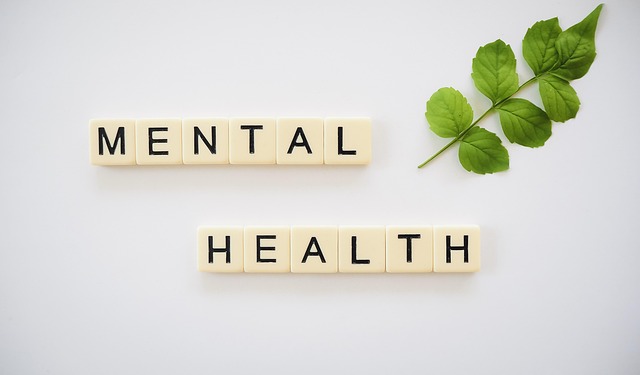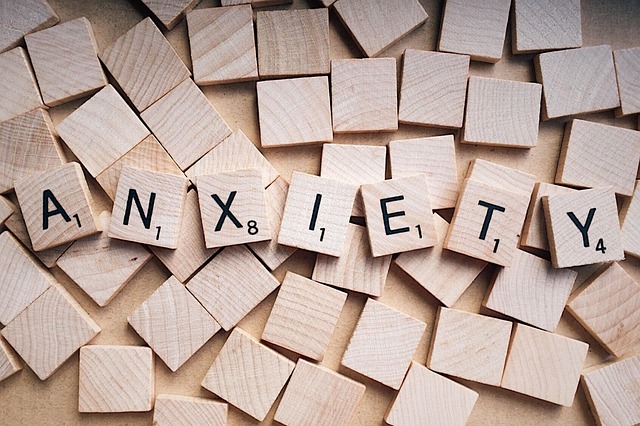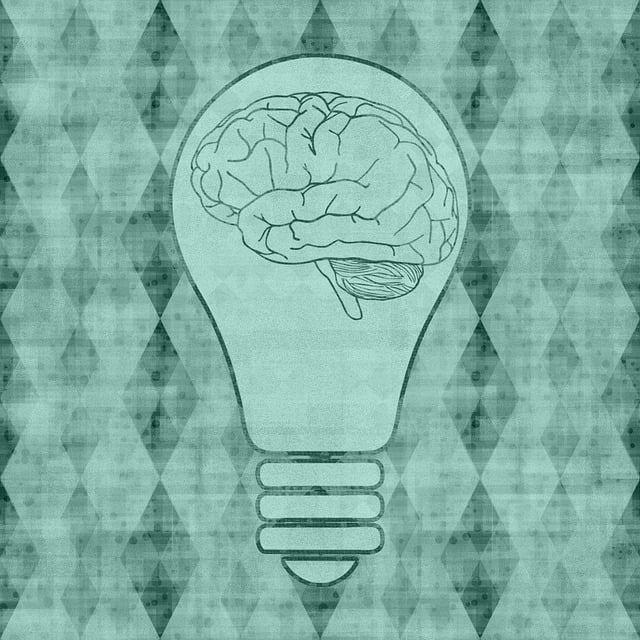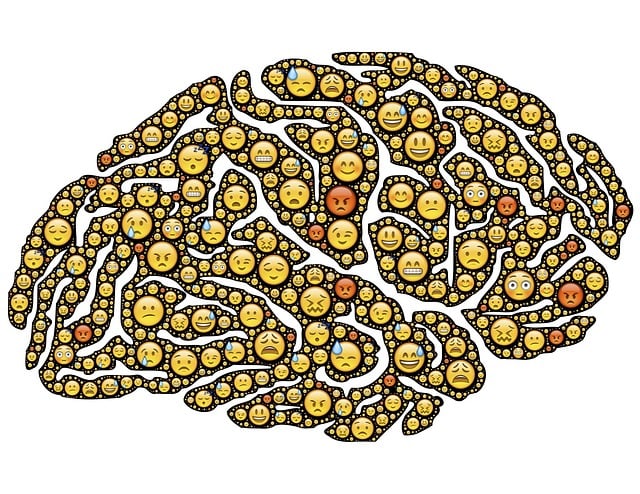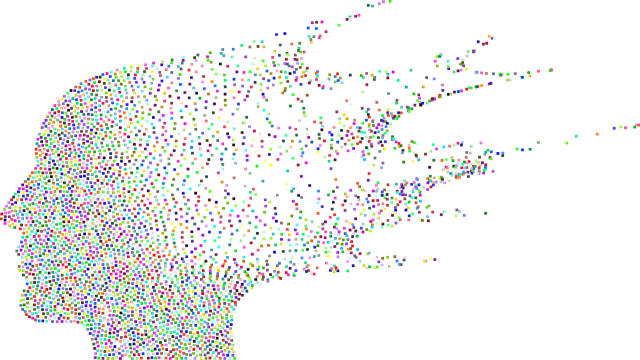Evaluating mental wellness programs focusing on therapy for adults with relationship issues demands a multi-faceted approach combining pre-post testing, compassion cultivation metrics, and ethical risk assessment. Standardized measures quantify symptom improvements while personal narratives highlight qualitative gains. Tools should capture both attendance rates and changes in mental health scores. Successful programs emphasize community outreach, dynamic communication strategies, and burnout prevention tailored to evolving participant needs, ensuring responsiveness to complex challenges.
Mental wellness programs designed to address adult relationship issues have gained significant importance, driving a need for effective evaluation methods. This article explores strategies to assess the efficacy of these programs, focusing on best practices in therapy settings. We delve into popular evaluation techniques, emphasizing their role in measuring success and fostering continuous improvement. By understanding how to gauge the impact of mental wellness initiatives, therapists can enhance client outcomes and tailor interventions for optimal results.
- Assessing the Efficacy of Mental Wellness Programs for Adult Relationship Issues
- Popular Evaluation Methods in Therapy Settings
- Best Practices for Measuring Success and Continuous Improvement
Assessing the Efficacy of Mental Wellness Programs for Adult Relationship Issues

Evaluating the efficacy of mental wellness programs designed to address adult relationship issues is a multifaceted process. It involves assessing improvements in key areas such as self-esteem, emotional regulation, and interpersonal skills. One effective method is through pre-post testing, comparing participants’ scores on standardized measures before and after program completion. This approach allows for quantifying changes in symptoms related to therapy for adults with relationship issues.
Additionally, incorporating compassion cultivation practices into the evaluation can provide valuable insights. By measuring participants’ ability to cultivate self-compassion and compassion towards others, researchers can gauge the program’s impact on fostering healthier relationships. Risk assessment for mental health professionals is also crucial, ensuring ethical considerations are met and client safety is paramount throughout the evaluation process.
Popular Evaluation Methods in Therapy Settings

In therapy settings, several popular evaluation methods are employed to gauge and improve mental wellness, particularly in cases of relationship issues affecting adults. One widely used approach is the Mind Over Matter Principles, which focuses on empowering individuals to manage their thoughts and emotions, fostering resilience against external stressors. This method encourages clients to identify negative thought patterns, challenge them with evidence-based techniques, and replace them with more adaptive ones.
Additionally, healthcare providers often incorporate Burnout Prevention Strategies to maintain their own mental health while supporting patients. These strategies involve setting clear boundaries between work and personal life, prioritizing self-care activities like exercise and mindfulness practices, and cultivating a sense of inner strength through continuous professional development and emotional support networks. Such holistic evaluation methods ultimately enhance the therapeutic process, making it more effective for addressing relationship issues in adult clients.
Best Practices for Measuring Success and Continuous Improvement

Evaluating a mental wellness program’s success is paramount for ensuring its effectiveness and fostering continuous improvement. Best practices involve employing robust measurement tools that go beyond simple participant satisfaction surveys. These should include qualitative data, such as personal narratives and feedback from therapy sessions, to gain insights into individuals’ journeys and the impact on their lives. Quantitative measures like tracking attendance rates, retention numbers, and changes in mental health scores through standardized assessments also provide valuable metrics.
A well-rounded evaluation strategy integrates community outreach program implementation, communication strategies, and burnout prevention initiatives. By assessing how participants engage with these aspects, organizers can identify areas of strength and weakness. Effective communication strategies, for instance, should promote open dialogue and accessibility, while addressing relationship issues in therapy for adults requires tailored approaches. Regularly reviewing these factors ensures the program remains dynamic and responsive to the evolving needs of its participants.
Evaluating mental wellness programs, particularly those addressing adult relationship issues through therapy, is essential for ensuring their effectiveness. By utilizing a combination of assessment tools and best practices, professionals can measure success, identify areas for improvement, and continuously enhance these programs. This iterative process not only benefits the individuals participating but also contributes to the overall advancement of therapy for adults dealing with relationship challenges.
